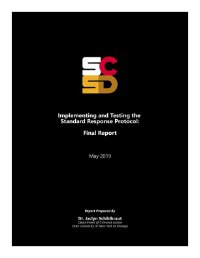By Miner P. Marchbanks III and Jamilia J. Blake
This study identified and assessed the predictors of student contact with school discipline, along with the association of this contact with educational and juvenile justice outcomes for racially and ethnically diverse students; and it also examined the predictors of processing through the various stages of the juvenile justice system, followed by analyses of the link between school strictness and various outcomes, including school achievement and juvenile justice contact. Overall, the study found that extreme school discipline, whether it is too lenient or too strict, is associated with adverse outcomes regarding a student's poor school performance and involvement in the juvenile justice system.
College Station, TX: Texas A&M University, 2018. 72 p.





















